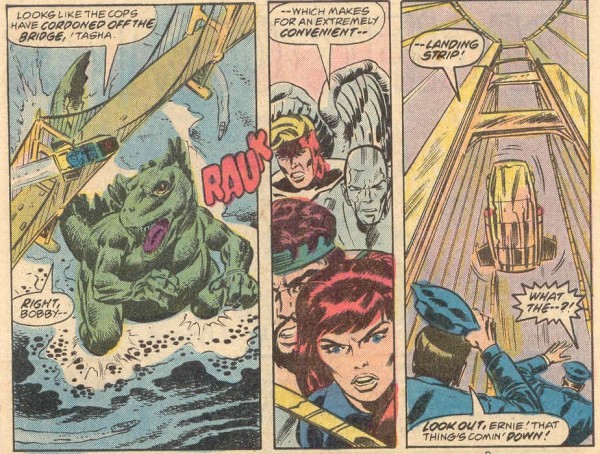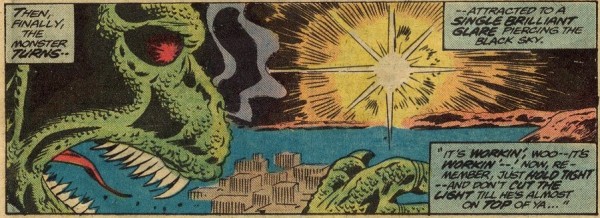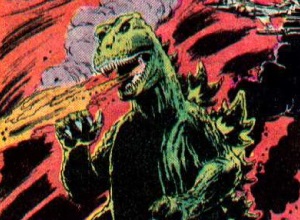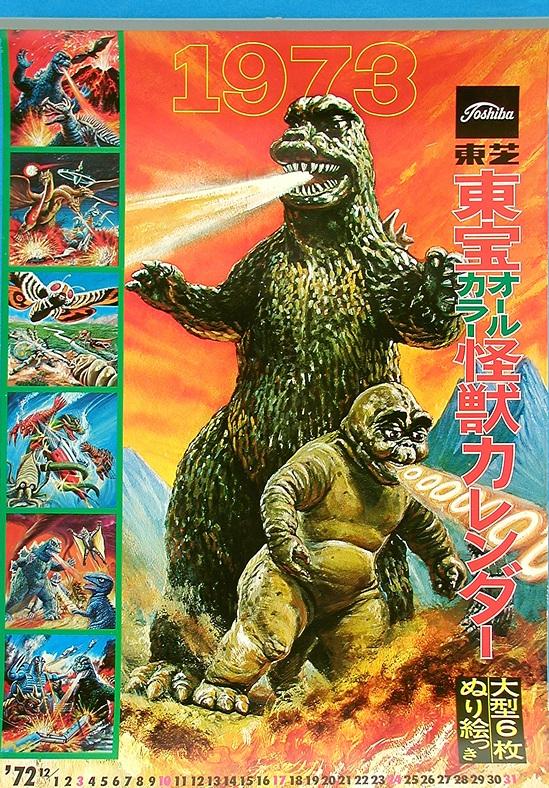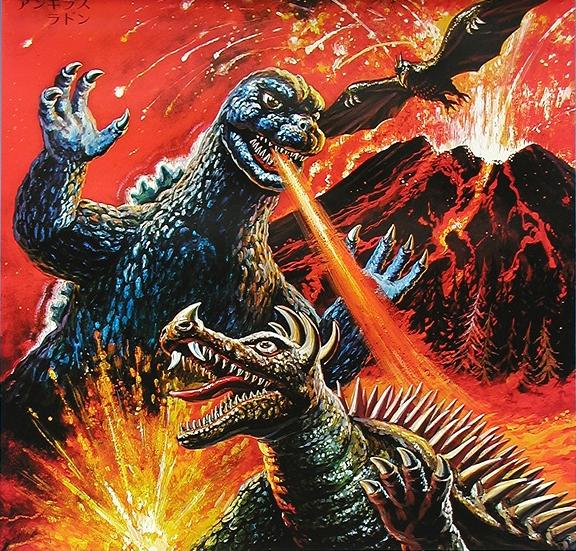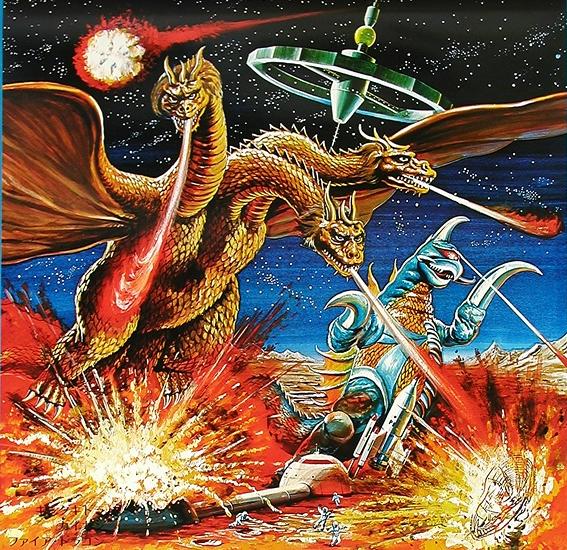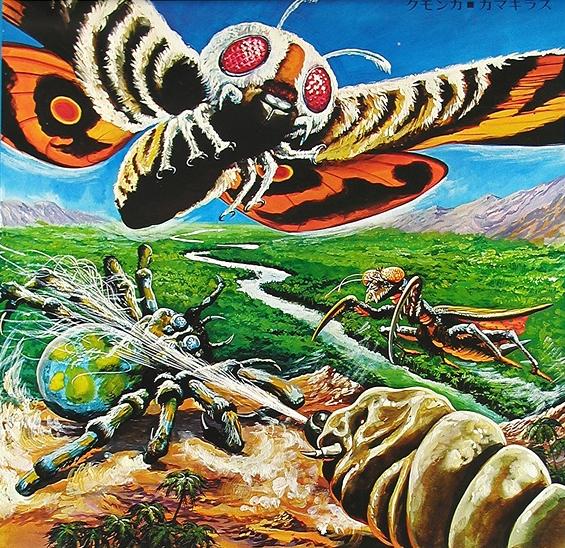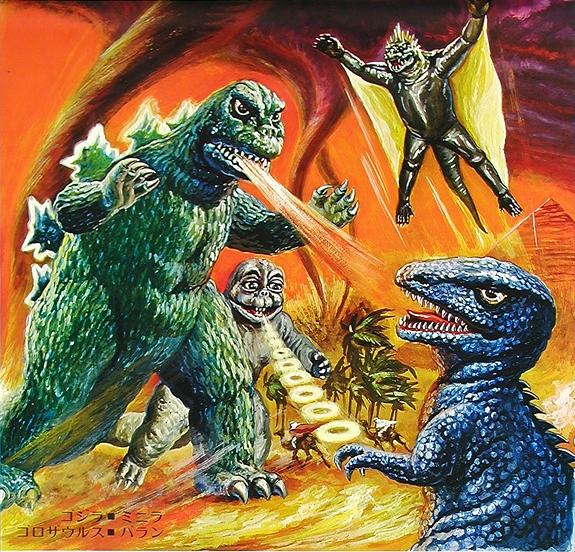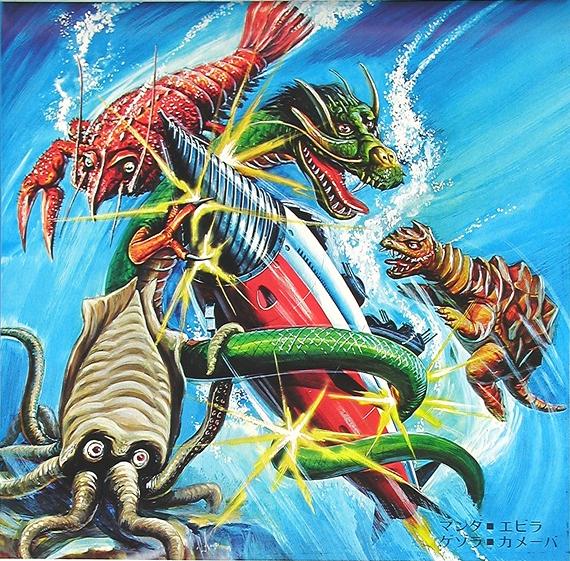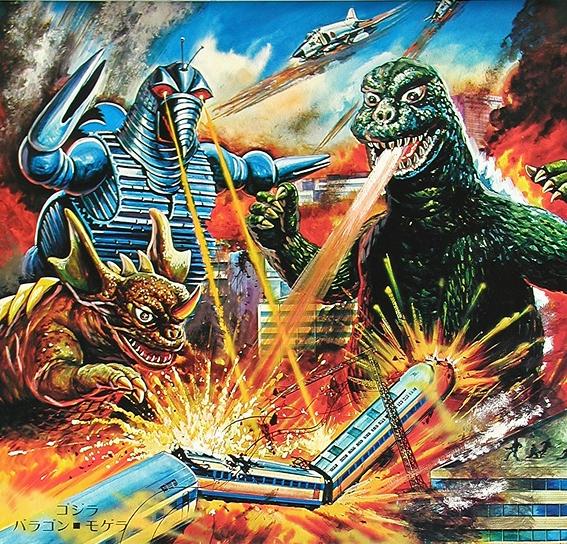Godzilla #3 – A Tale of Two Saviors (October 1977)
Writer – Doug Moench
Artists – Herb Trimpe
Editor – Archie Goodwin
Godzilla vs. the Champions! Godzilla continues his West Coast Domination Tour with a visit to the Bay Area, but at usual things don’t go smoothly.
Godzilla shows up in San Francisco Bay and people just start shooting him, so Godzilla gets angry. How annoying it must be to constantly being shot at by annoying tiny things.
Meanwhile in LA, The Champions are hanging at their headquarters. You remember The Champions, right? As a reminder, they are Hercules, Black Widow, Ice Man, Angel, Ghost Rider, and Dark Star. Even weirder, Ghost Rider and Dark Star are out goofing off or something, and don’t even show up in this issue! The 66.67% of The Champions that are in this issue of Godzilla notice the commotion on the news and decide that since they’re it for the West Coast, they got to go help! Hercules even says “By the cloven hooves of Pan!” when he sees Godzilla.
They get to work trying to fight Big G. At one point Hercules flips Godzilla!
Godzilla gets mad…
Tony Stark shows up finally (after being yakked about for the past two issues) as he meet the Japanese crew (and Woo) in Detroit at his weapons plant. They begin making their secret weapon.
The Champions and Dum Dum get into a turf war as the super heroes are in the way of SHIELD and their efforts to try to capture Godzilla.
The chaos from the two sides bumping heads allows Godzilla to trash the Golden Gate Bridge after electric nets dropped on him miss. Hercules tosses a chunk of the bridge at Godzilla, but hits the SHIELD Helicarrier by mistake. It crashes into the bay!
At this point Godzilla is just standing around gawking at the idiots causing trouble. Then Godzilla wanders off, while the two sides go home to sulk, the Champions realizing they need to work better as a team, and SHIELD trying to figure out how to fix their flying vessel.
It’s refreshing to see a super hero team up where not only do the two sides not like each other, their antagonism actually makes things much worse.
This issue was the first issue of Godzilla I read, picking it up cheap in a longbox as a kid. It stayed in my collection for a few years before I got some more issues. Speaking of more issues, we will have more issues of the Godzilla Marvel comic as March of Godzilla 2013 continues!




